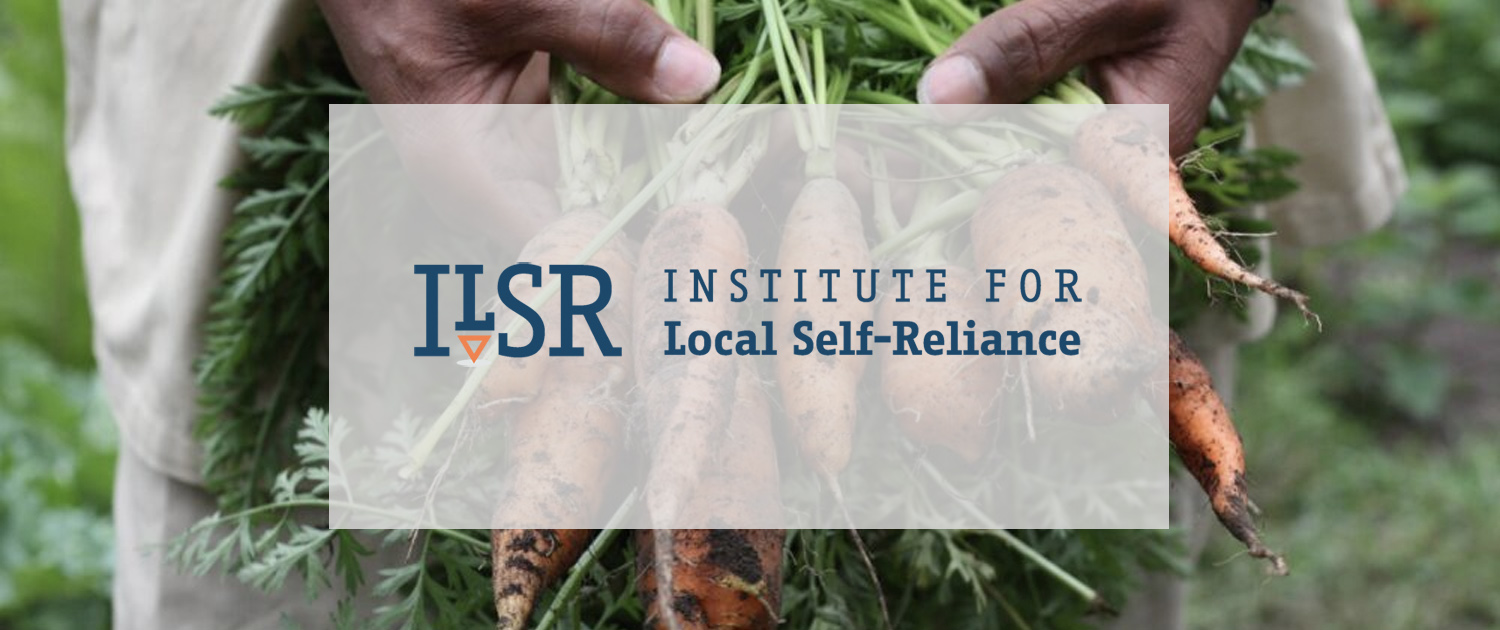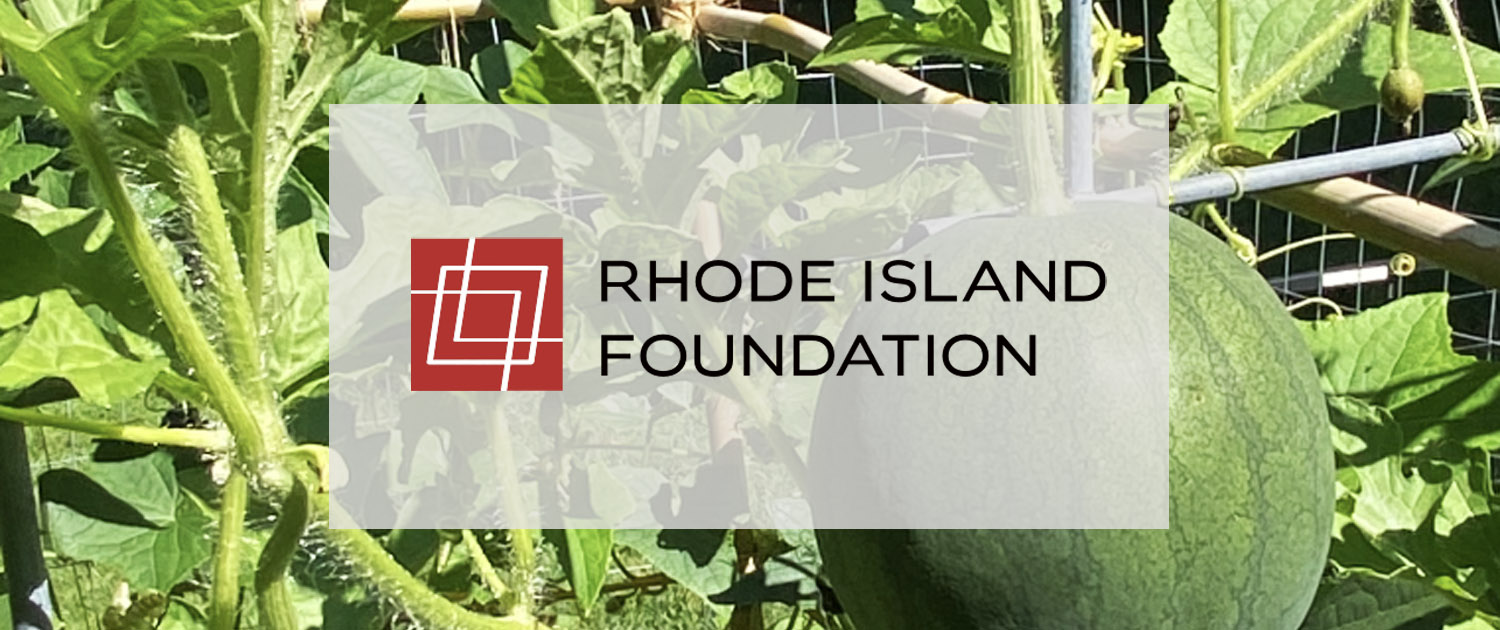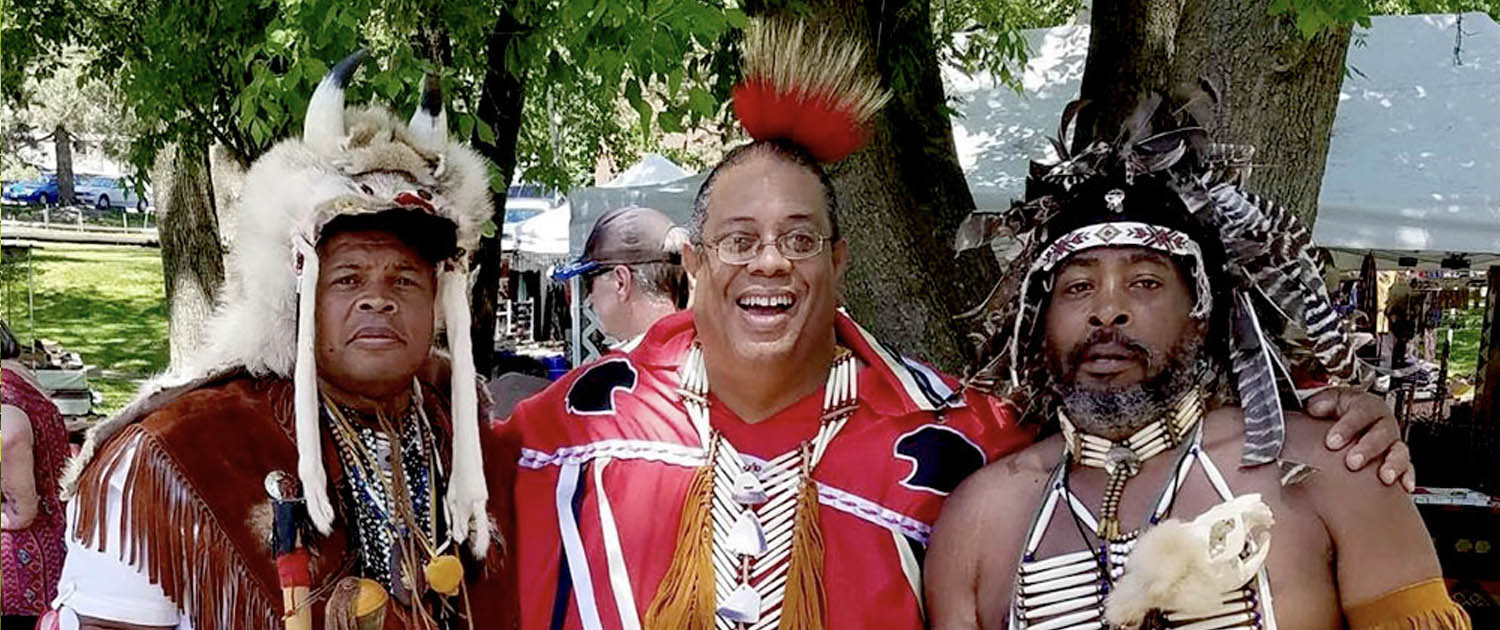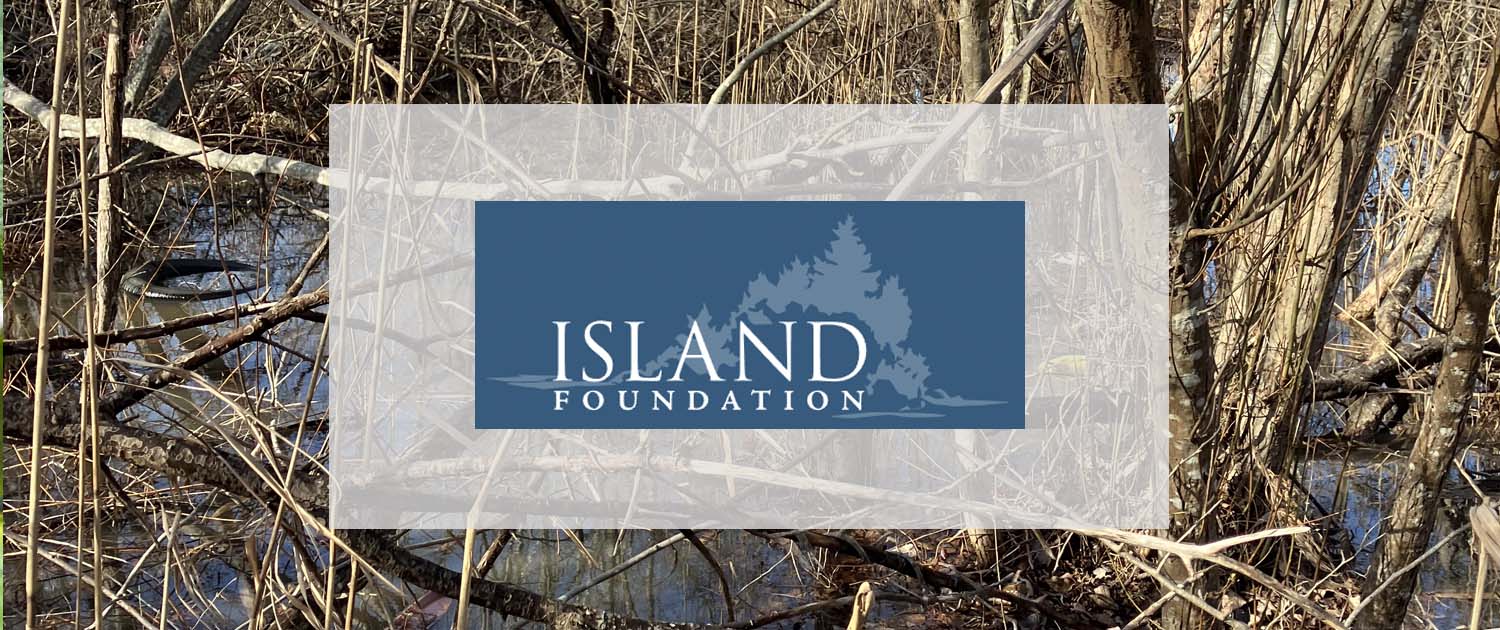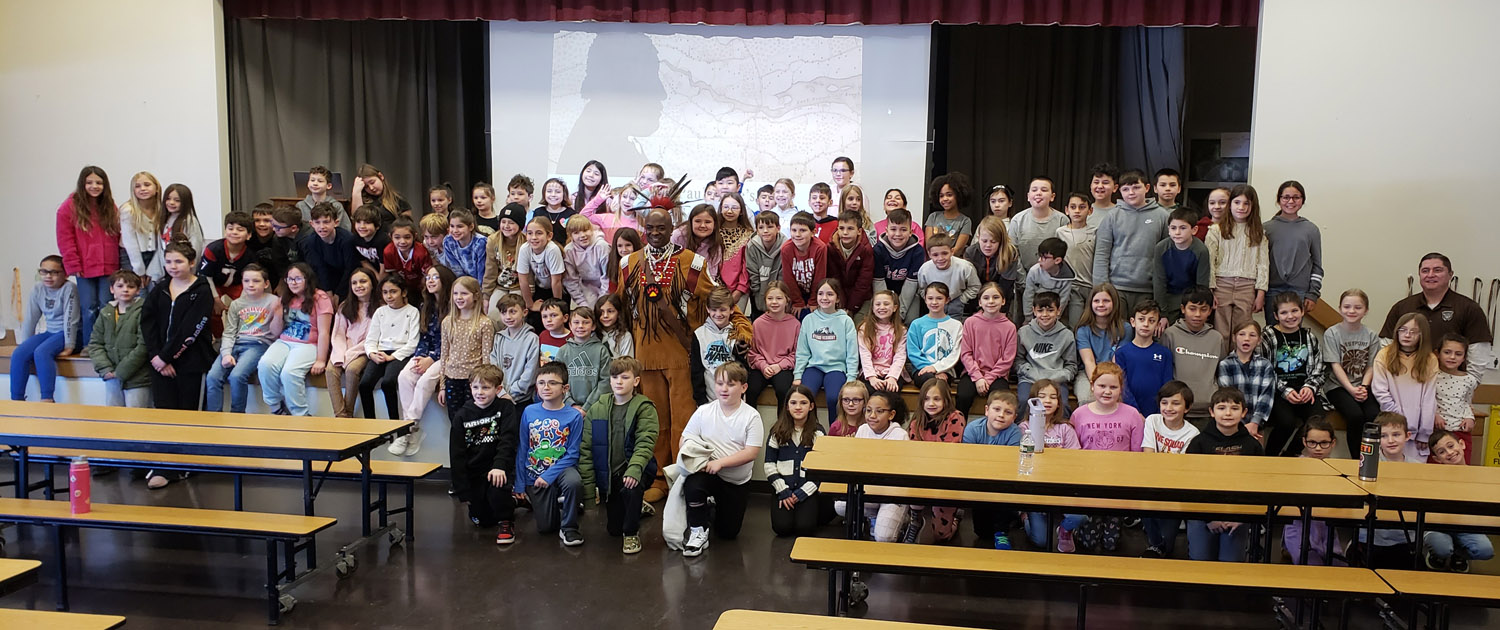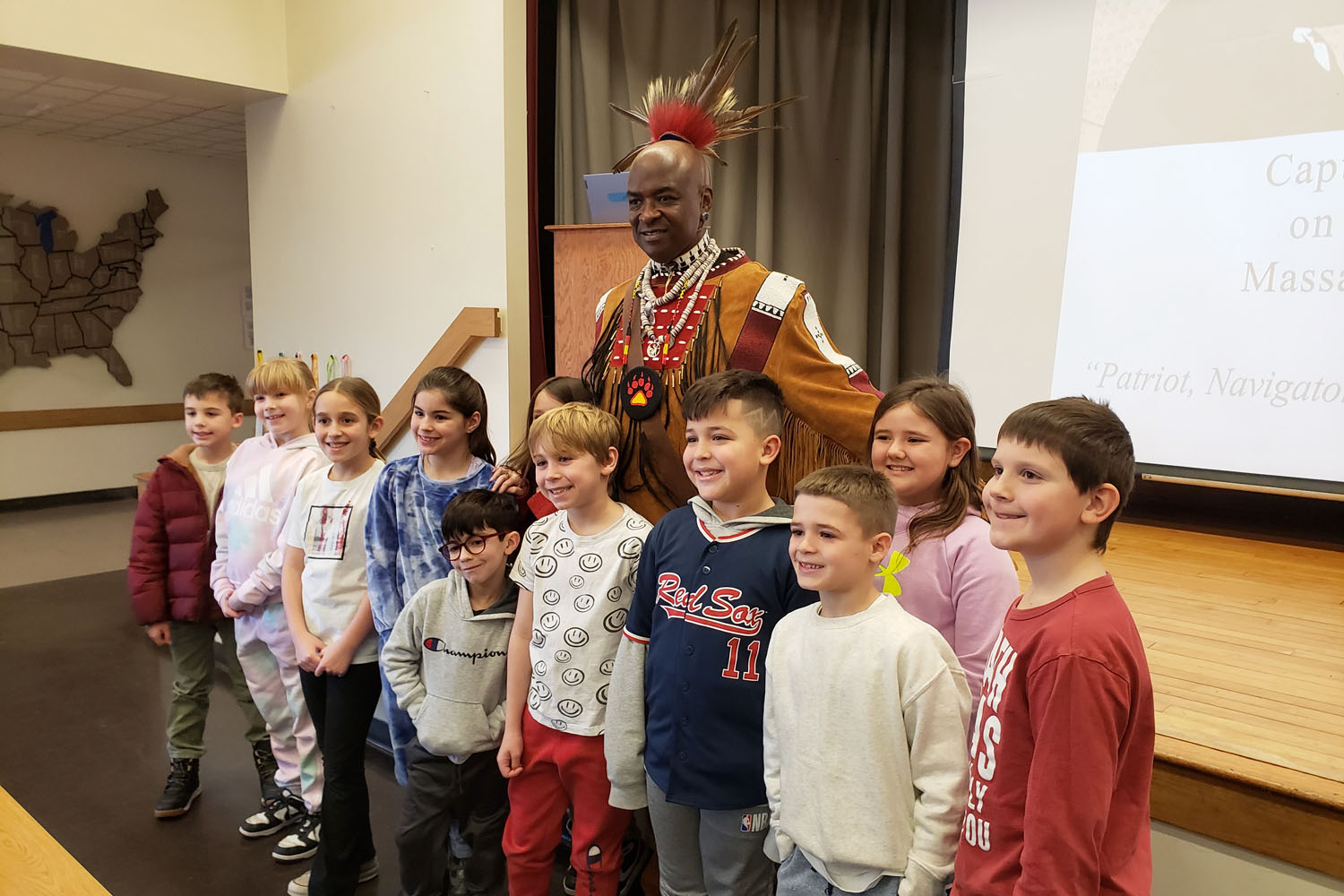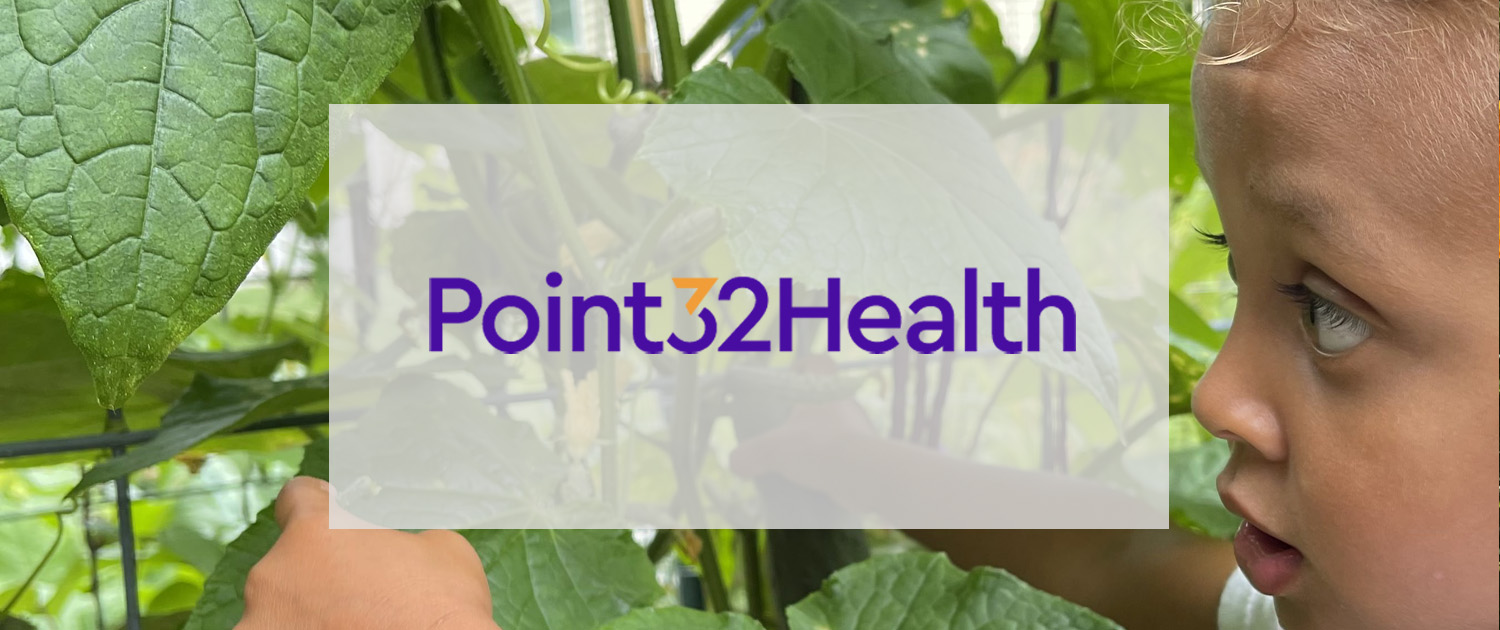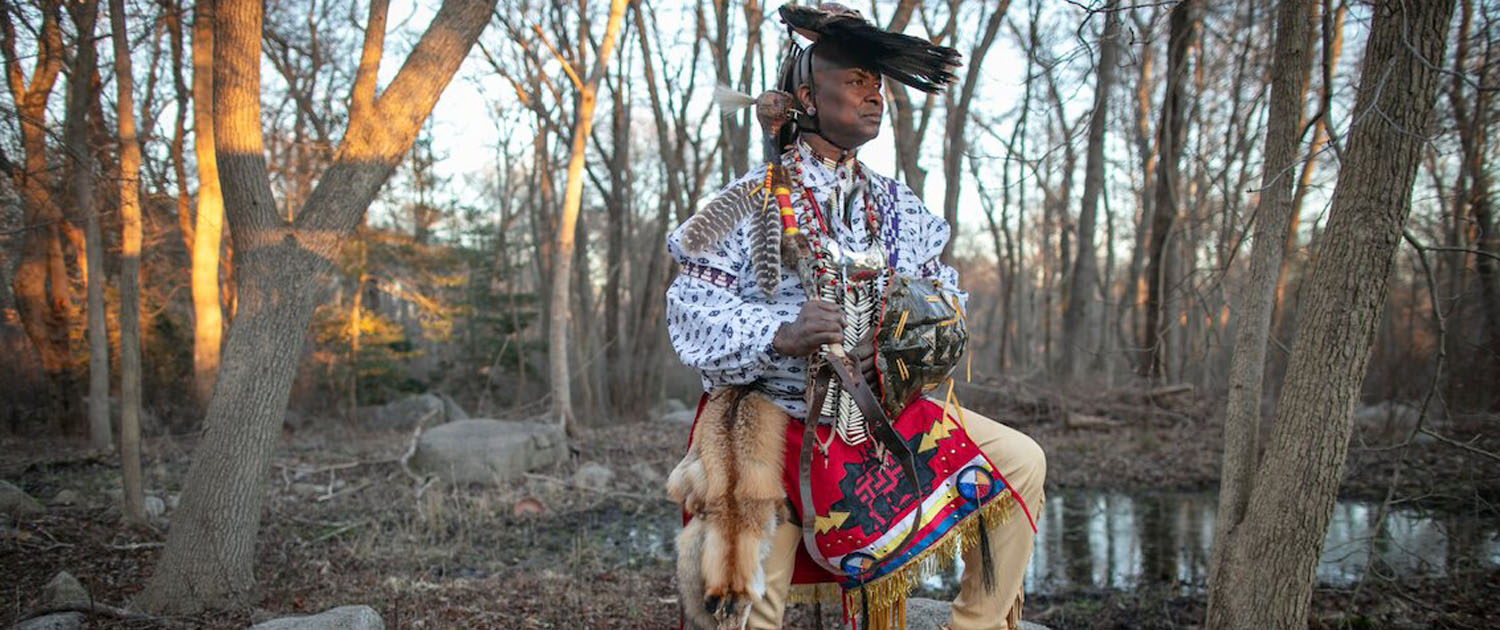
Photo by Merri Cyr; Article Ted Hayed in East Bay RI Newsletter
Wainer Farm was once owned by Paul Cuffe
A lot of people don’t know about Native American culture; they may be interested, but they don’t know where to learn. And so we wanted to tie it all in together. – Robert Cox
Over the last five decades, vines and thickets real and metaphorical have all but claimed the old Wainer Farm on Drift Road, closing off and choking out an irreplaceable piece of Westport’s history.
But now, a descendent of the prominent Westport family that purchased the farm from Paul Cuffe 225 years ago this year is working to reclaim the land from time’s weeds.
Robert Cox, a Pocasset Pokanoket, has spent the past year working on a plan to resurrect the old farm, which today totals about 52 acres but was once three times that size, running west from the East Branch of the Westport River all the way to Main Road.
Though it has been fallow for years, the farm holds an important place in early Westport history.
Paul Cuffe, the noted African American businessman, sailor and Quaker who founded the nation’s first integrated school in Westport, purchased the property for his business partner and brother-in-law, Michael Wainer, and sister Mary Wainer, in 1799, and sold it to Michael in 1800. Once worked as an operating farm, the property has remained in the Wainer family ever since and today is owned by an LLC comprised of Wainer descendents George Wortham Jr., Jesse Williams III and Jessye Williams, Cox’s cousins.
After learning about his roots over the past several years, Cox has found himself as the lead person on the restoration effort, which will see the property take on a new role.
A fireman by trade, he has spent about a year working to clear the land, establish relationships with non-profits, the town, educators and others, like foresters and botanists, and hopes to turn the property into a historical and environmental education center, meeting place and a place of peaceful, quiet reflection.
“We want to share the history of the family, the history of the tribe, and just have a general gathering place where people can network and get in touch with the land,” he said.
“Since the 1700s there has always been community back up there — it’s always been a gathering spot. So I wanted to bring back that concept, to be able to teach and share somewhere where children and parents can come and learn. A lot of people don’t know about Native American culture; they may be interested, but they don’t know where to learn. And so we wanted to tie it all in together.”
How that mission is served remains to be seen, as it will take many more months for Cox’s vision to come into focus. But he hopes to develop relationships with area environmental organizations like the Buzzards Bay Coalition, and farmers and others, and set up a series of outdoor classrooms where people can learn about herbal medicine, foraging, botany and farming. Further, there are plans to make the land available to others who wish to use it and whose goal jibes with the owners’, valuing education, respect for history, and the environment.
“We plan on having a lot of events, not just for tribal members, but for everybody,” he said. “It’s going to take time, and it’s going to take money. But we want to be able to give people who come out of there something more than they came in with whether it’s understanding, the opening of eyes, or something as simple as a recipe, a medicinal plant they didn’t know about, or a relaxed mind.”
Betty Slade, a Westport historian who knew Cox’s father well, said his stewardship over the land has been inspiring, after having seen it sit unused for so long. She said it’s not surprising he’s been received with open arms by local environmental and historical organizations, and many of his neigbhbors, as he seeks to open up and preserve the land and establish programming and a public presence there.
“It’s remarkable what he’s done in such a short amount of time,” she said. “It’s been really great to see, and very exciting.”
If you’d like to read more about the land, Paul Cuffe, or Cox’s plans, see paulcuffe.org or pocassetpokanoket.com.
